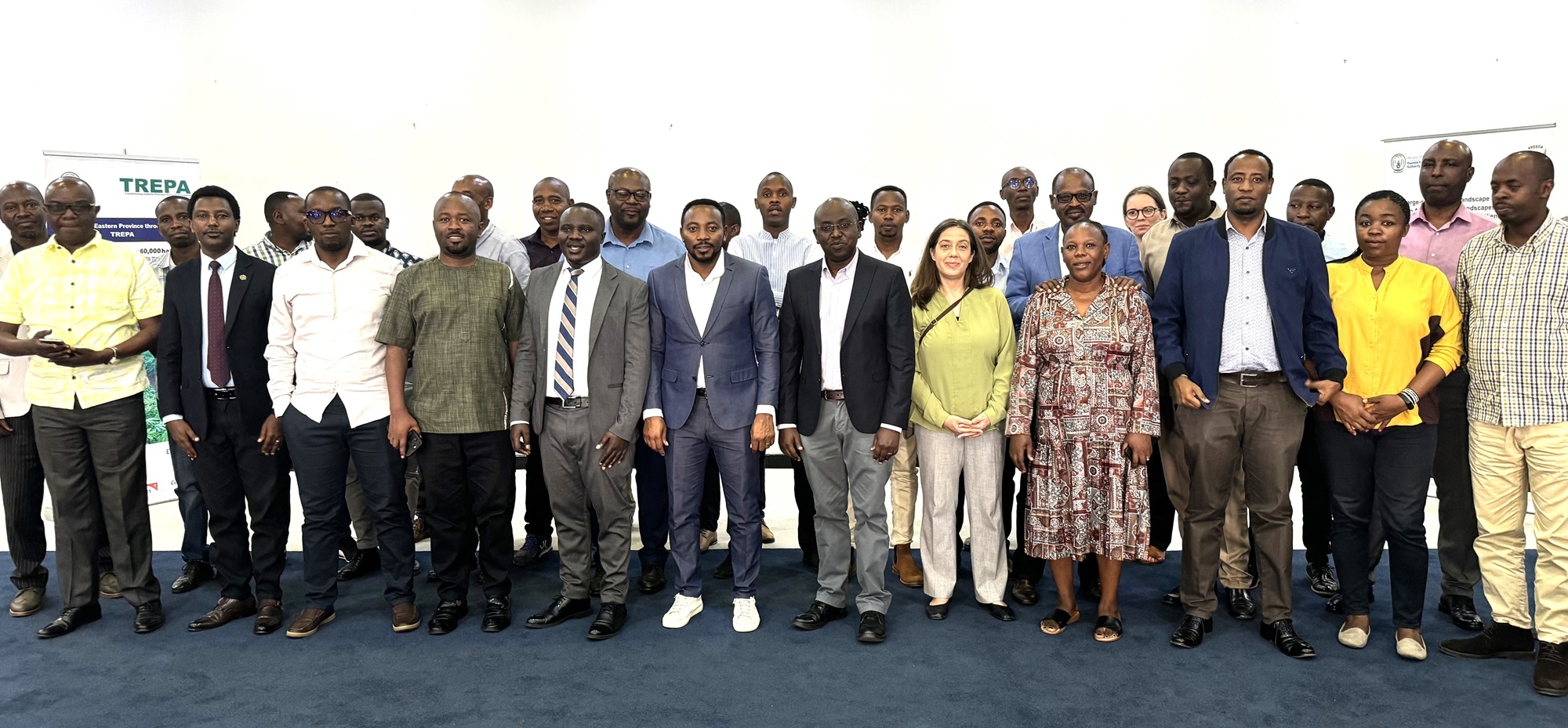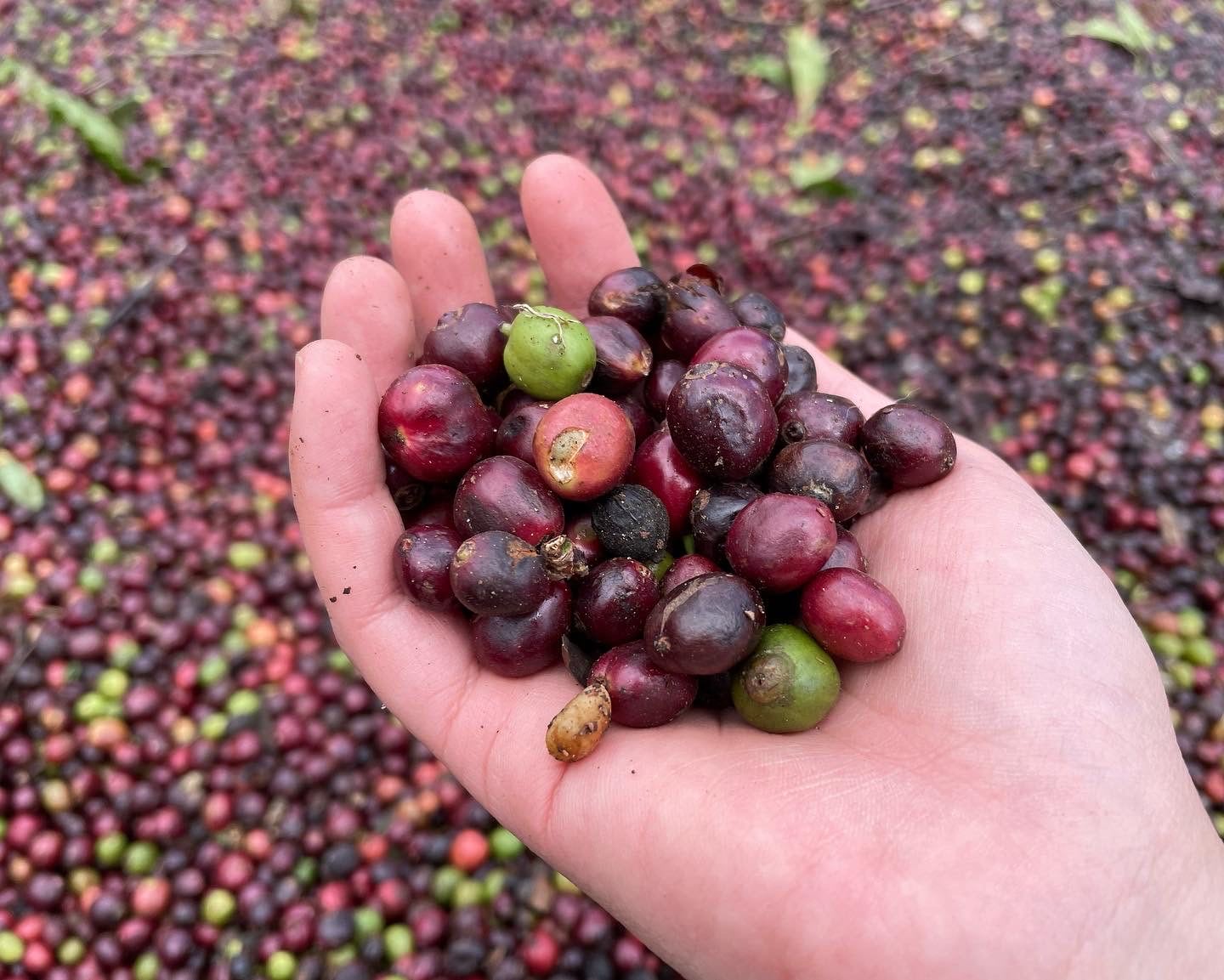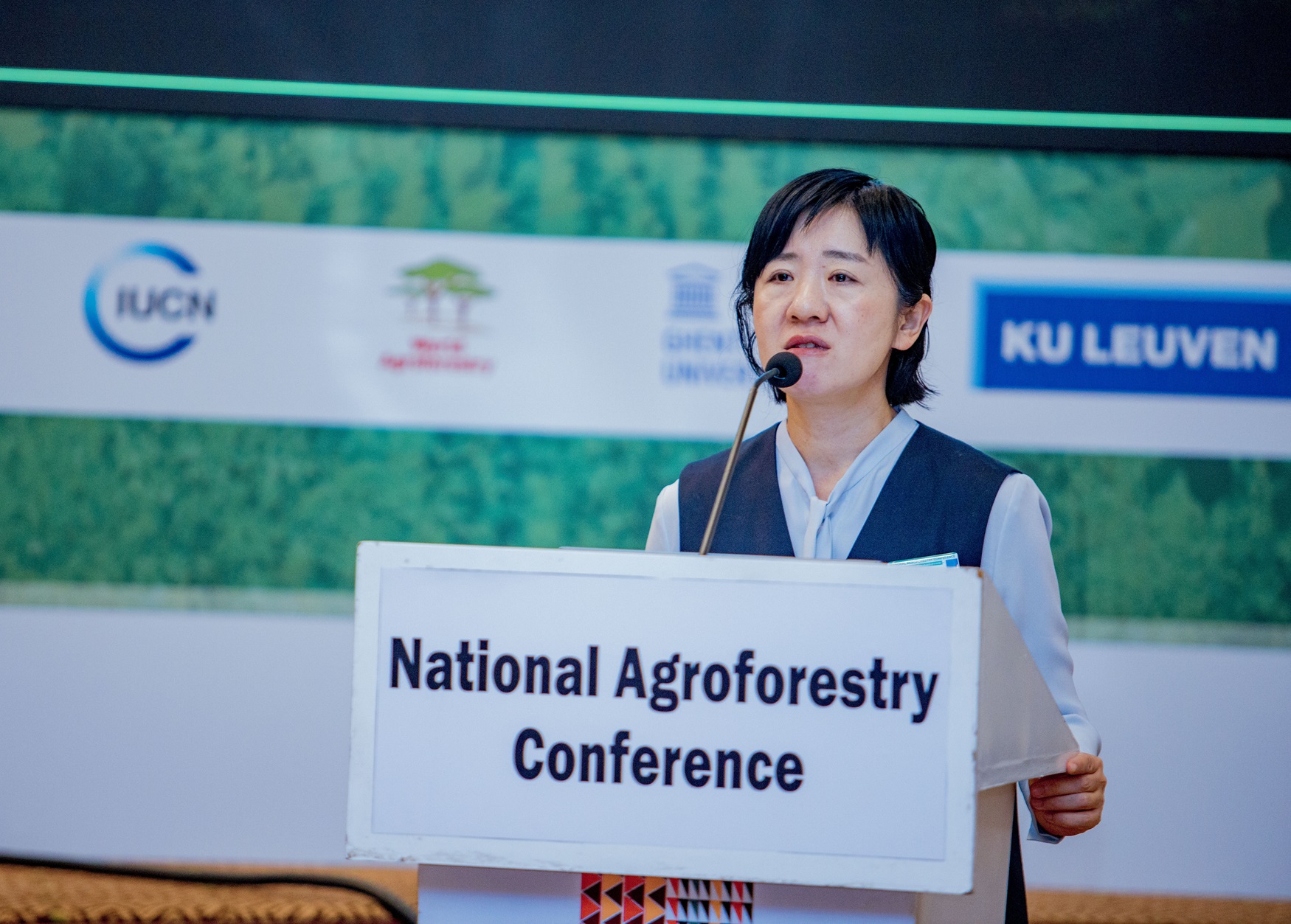IUCN Director General’s Statement for World Environment Day 2024
Civilisation as we know it began thousands of years ago when humans coaxed the first crops from the soil. However, since the birth of agriculture, our relationship with the earth beneath our feet has changed from one of respect to one of exploitation.

Today, 40% of the world's land is degraded, which means it is hugely impacted by deforestation, overgrazing, and unsustainable agriculture. This places ecosystems and human well-being at risk, and especially affects vulnerable communities' livelihoods, food security, and water availability.
That is why on this World Environment Day IUCN calls for land restoration to be urgently scaled up and implemented. We must be the generation that is remembered for rebalancing our connection with the earth. After all, this is Our Land. Our Future.
IUCN has long been a global champion for landscape restoration. In 2011, we co-launched the Bonn Challenge, with the goal of restoring 350 million hectares by 2030. As of today, thanks to that challenge, 210 million hectares of degraded and deforested lands in over 60 countries are being restored.
We are also proud members of the International Drought Resilience Alliance, and actively support communities facing drought, a phenomenon that is exacerbated by land degradation. Through the power of Nature-based Solutions – actions that protect, sustainably manage, and restore ecosystems, while addressing societal challenges and simultaneously benefiting people and the environment – nature can be a key ally in restoring land.
With guidance such as the IUCN Global Standard for Nature-based Solutions we stand ready to support all stakeholders in healing the soil. After all, land restoration is a powerful tool that builds resilience to climate change and disasters, enhances biodiversity, fosters sustainable development, creates jobs, and boosts economic growth.
On this World Environment Day we call for global commitment to reversing land degradation. Agriculture must move from being a sector that drives climate change, biodiversity loss, and vulnerability to one that helps create more biodiverse production landscapes, and more resilient livelihoods.
Let us be the generation that turns the corner for our land. Together, let us cultivate a path to a greener, brighter, future for all.



